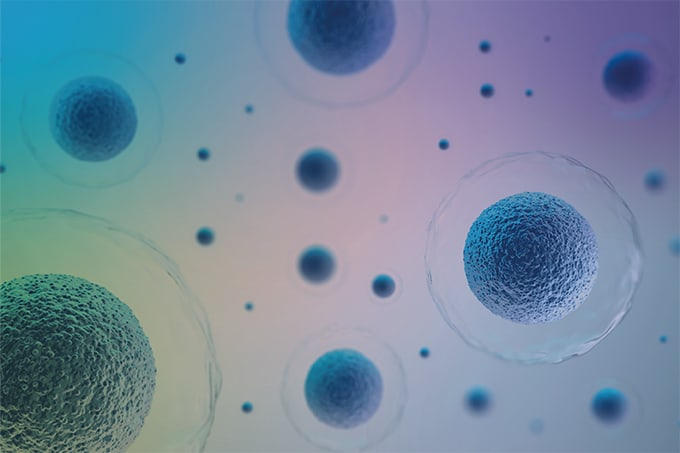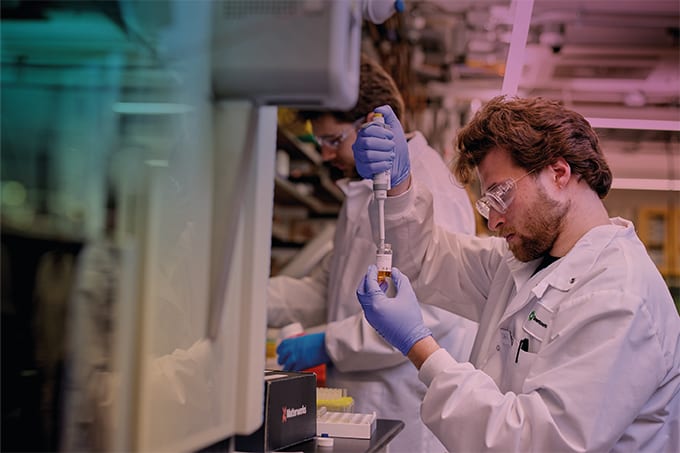Industrial scientists develop therapeutics, mobile phones and analytical instruments, yet they remain mostly unknown to their colleagues and the general public. It’s a paradox with a simple explanation: they are not motivated to publish their research. Their funding does not depend on grants; their salary or promotion is not based on citation factors; and, of course, they do not intend to apply for tenure. In reality, many industrial researchers are positively discouraged from discussing discoveries in public because companies do not want to tip off competitors.
Yes, industrial researchers apply for patents and sometimes present their data at scientific conferences, but very few choose to fight corporate guidelines and reviewers to publish their discoveries in peer-reviewed journals. The late Uwe Neue was a rare breed among researchers. Although he spent his entire career in the industry, he wrote numerous papers that earned him the respect of both industrial and academic colleagues. When I joined Waters Corporation, Uwe was directing an applied technology group. As a young researcher, I often sought the advice of more seasoned colleagues on various aspects of chromatography. I quickly found out that Uwe was approachable and knowledgeable. The topic of my interest did not matter, as he was familiar with seemingly any field of separation science. Thanks to his knowledge of the literature and years of experience, his advice guided me in many projects. He was not always right – just most of the time. But that was more that one can hope for in a research environment, where the solutions to problems are, by definition, unknown.
Very sadly, Uwe died in 2010 after succumbing to a serious disease. The remaining unanswered questions I must solve alone – though perhaps with the help of Uwe’s papers (still being posthumously published). At Waters, we also deliberated over another question: how do we honor Uwe’s legacy? Many of you will know that Waters decided to sponsor an award dedicated to him; the Uwe D. Neue Award in Separation Science is now given annually at the HPLC symposium series. In the spirit of Uwe Neue, the award recognizes an industrial scientist, preferably 15- 20 or more years after receiving his or her doctoral degree, who has made a significant contribution to the field of separation science and continues to advance it. The first award was presented at HPLC 2013 in Amsterdam to Jack Kirkland; the second to Gerard Rozing at HPLC 2014 in New Orleans. Who will be the recipient of the 2015 award in Geneva? In many ways, that is up to you…
Nominations are open until November 30, 2014. To recognize a contribution of an outstanding industrial researcher, include a primary letter from the original nominator and a supporting document from a second person. For more information, go to www.waters.com. Please send nominations to Martin_Gilar@waters.com.




